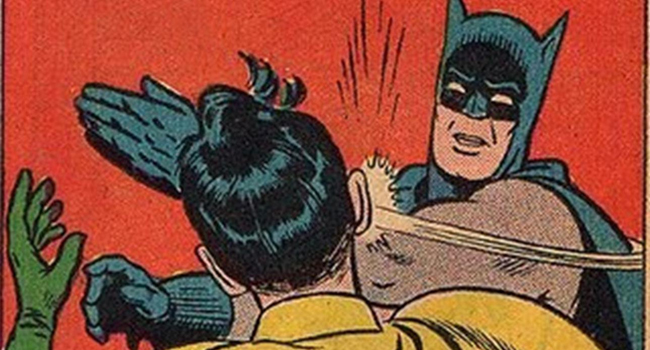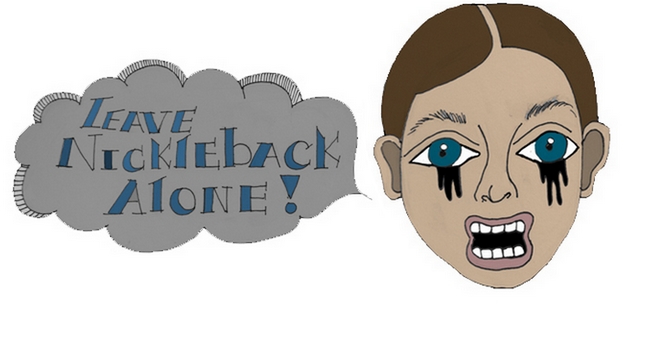If the Occupy movement’s first gestation period has passed, and it surely seems like it has—there were numerous New York storefronts this holiday season advertising “Occupy Savings!”—that means it’s time to mark the ledger of wins accrued and losses felt. While meaningful benefits are scant, one applicable mark in the win column might be Patrick Stickles, punk hero.
While the Occupy Wall Street movement has had its share of celebrity music cameos (everybody from a atypically stoic Kanye West to an increasingly more visible Jeff Mangum), Stickles, the poorly quaffed frontman for Springsteen-via-Westerberg rock band Titus Andronicus, has yet to make a formal appearance at Zuccotti Park. But while the activities at the park (and elsewhere) garner more righteous argumentation among the populous, Stickles has taken it upon himself to serve as an on-the-outside flag bearer. His recent shows with Fucked Up in New York were littered with accouterment supporting OWS, decrying the police for forcibly removing the protestors and generally playing the more punk-oriented songs in the band’s catalog (“Fear and Loating in Mahwah, NJ” was a highlight). But more than physical presence or musical-based support, Stickles has contributed to the conversation and evolution of the Occupy movement in a seemingly innocuous but very important way: he’s taking the fight to Twitter.
Stickles, after the departure of resident Andronicus tweeter Amy Klein, took the handle @titus_ndronicus and began what can only be described as a full-scale realization of the potential for Twitter to unite and instigate the conversations that actually need to happen. While there’s plenty of 20-something esoterica separating the socio-political diatribes (Stickles is particularly a fan of Lil B), the Titus frontman manages to conflate his opinion, one of mild socialism with a pacifist bent, with a similar movement that nobody has been linking to OWS—the late 1970s-early ’80s punk and hardcore movement. Occupy-ers have been quick to analogize their work to the sit-ins on college campuses in response to Vietnam or even more recent purely political upheavals, most notably Egypt.
But Stickles’ constant referencing of Crass, The Replacements and the like reminds anybody listening (and he’s loud enough to be listened to by many) that Occupy is a social movement, one that, if it weren’t so obsessed with legitimizing itself, could incorporate a vital music element.
Especially in today’s music-saturated culture, standing for something and voicing that opinion, however extravagant or radical, leads to tangibly more positive visibility for both the music and the message. What we face is merely an update of the punks vs. Reagan atmosphere that populated America 30 years ago. Picking a side isn’t necessarily required, but as Stickles says in a cut from 2010’s excellent The Monitor, “It’s still us against them, and they’re winning.” Whether Titus Andronicus can make any big difference is immaterial; Minor Threat didn’t affect tangible social change, but its music was energized more fully by a dramatic sense of socio-political purpose. With such perversions of soulless blog-rock permeating the music community, it’s certainly heartening to watch new generation rebels such as Stickles or the So So Glos or Fucked Up linking with relative codgers such as Ted Leo to mobilize a force that has gotten too used to shouting their opinions in 140-character varieties.
A lot of messy and often-contradictory politics are involved in the Occupy movement. But at its core the social development has the potential to grow punk from the ground up again. Maybe nothing will come of it and eventually we’ll descend into the odd-ball art-punk of Sonic Youth or even the Butthole Surfers, but for now, we can appreciate that we have Stickles, a frail, crazed punk singlehandedly tweeting his way into the captain’s chair.



